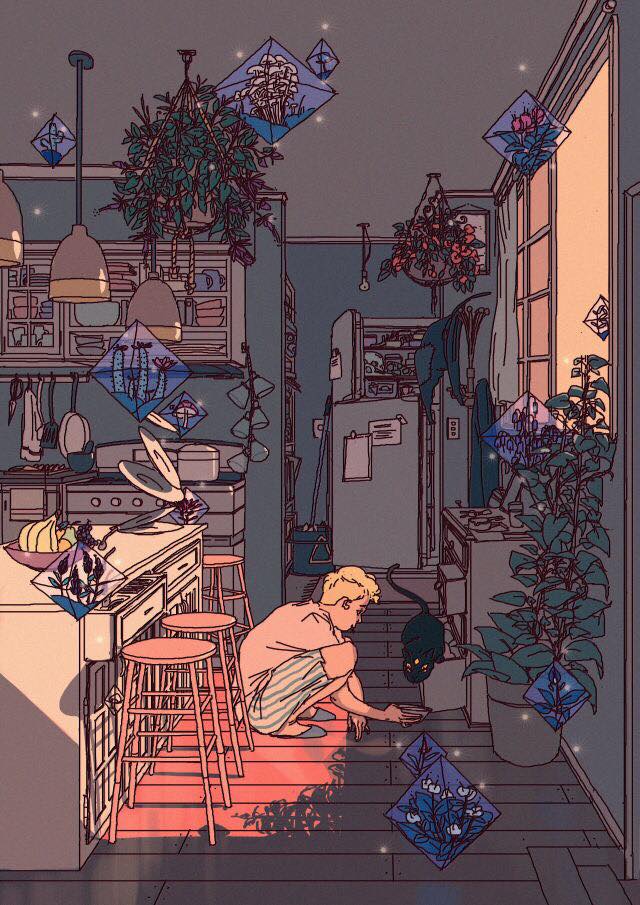
As the world becomes increasingly more connected, more and more political and social discussions become addressed online. We now have the ability to raise awareness, educate ourselves and actively contribute to causes that matter to us in ways that we couldn’t before. Digital activism allows all voices to be heard and in recent years, activism has taken immense leaps forward.
But, like there always is, there’s a flip side to its impact. The constant exposure to everything going wrong in the world can quickly take a toll on your mental health and increase anxiety. Eco-anxiety is especially prevalent example of this where people feel almost helpless by the state of the climate crisis. I, like many other people, feel this toll constantly – What if its too late to save the world? There’s too much to do and too little time. What if I am not doing enough?
With everything so overwhelming, it’s important to take steps to protect your mental health. While I am definitely not an expert on the matter, and am a work in progress myself, here’s some things to remember that help me –
Action is the antidote to anxiety
I read this phrase somewhere, and it struck a chord with me. Whenever you feel anxious about a cause you care about, try to contribute to it in whatever way possible. Whether that’s simply talking to your friends about it to raise awareness, signing and sharing petitions or attending a rally. Small steps of action only push the needle forward and contribute to the cause. Action not only makes you feel better mentally but also lead you to pathways to do more.
Every cause does not have to be yours to solve
If you have the capacity to contribute to multiple causes efficiently and take care of your mental health simultaneously, by all means do so. But if you recognise that you are someone that starts feeling anxious when you have too much on your plate, it is more than okay to choose one thing and focus your energy into working towards that goal. We don’t need some people to work on everything perfectly to move forward, we need many people working towards betterment in their own imperfect ways.
Your mental health comes first
On flights, when the safety instructions come on, they tell you to put on your own safety mask first before you help others – a perfect metaphor for life. Prioritizing your mental health often feels like a selfish thing to do but in reality, it’s quite the opposite. Your mental well-being enables you to prosper and work better towards things you care about. It enables you to live longer, healthier and enriched lives giving you the strength and mental capability to keep the fight going!
Finally, and most importantly, remember the weight of the world’s burden does not rest on your shoulders alone. We are all in this together, we all sometimes struggle with our role in activism and you are not alone in your battle with your mental health.
Your anxiety about activism comes from your strength and drive to fight for a better future for humanity, and we are lucky to have people like you around! Now, all you have to do is practice your empathy inward, so that all you people making the world a better place, feel better yourselves.













 The children I get to meet are resilient, strong and absolutely adorable bunches of joy. When I set out to help them, I could have never foreseen how much of a positive impact they would have on my own mental health and my life. Being able to add positivity to the world around you ultimately, adds positivity within. Volunteering builds a sense of compassion and empathy within you, enabling you to find gratitude in your own life.
The children I get to meet are resilient, strong and absolutely adorable bunches of joy. When I set out to help them, I could have never foreseen how much of a positive impact they would have on my own mental health and my life. Being able to add positivity to the world around you ultimately, adds positivity within. Volunteering builds a sense of compassion and empathy within you, enabling you to find gratitude in your own life.









